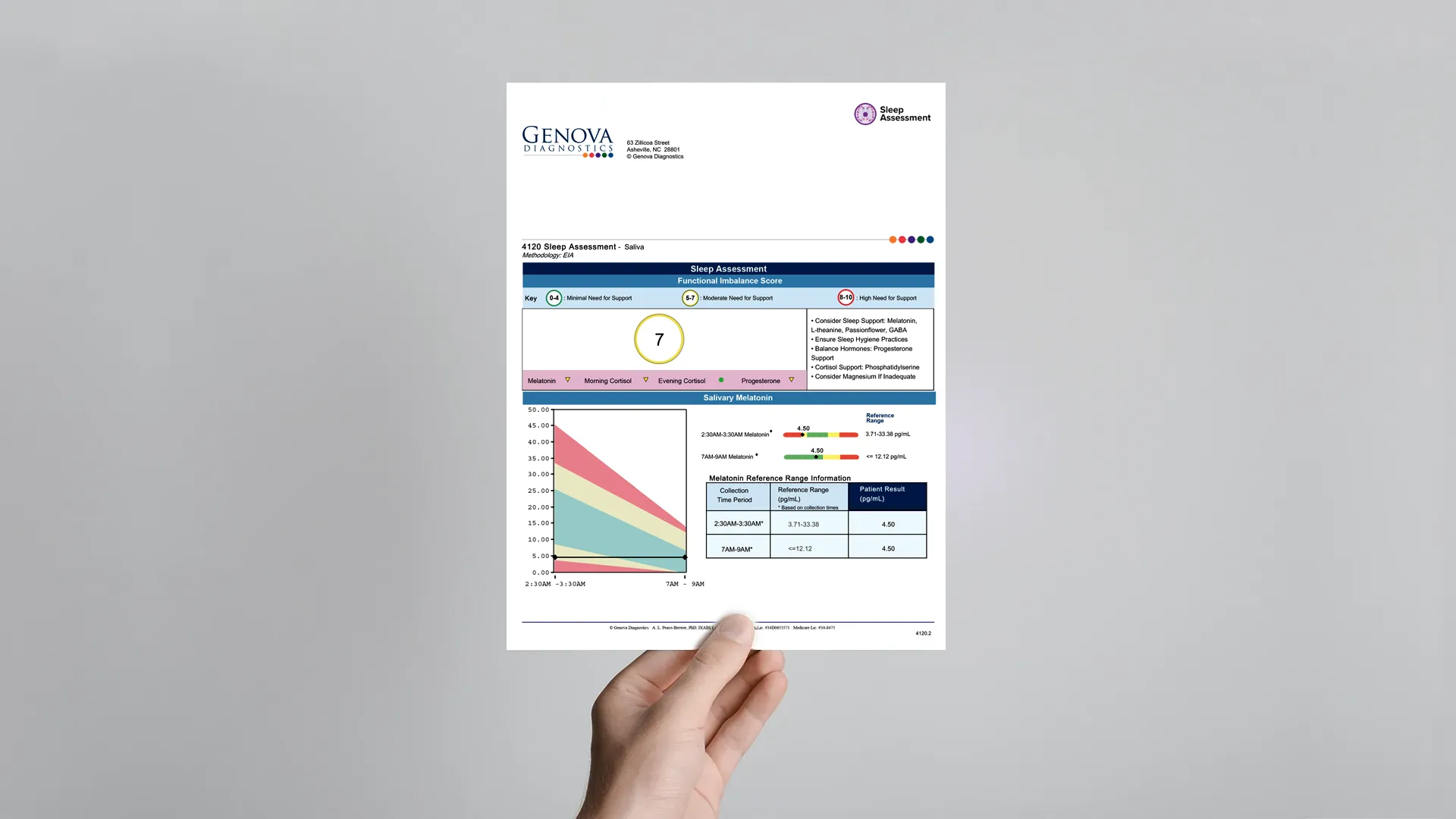What is melatonin?
Melatonin is a hormone produced by the pineal gland in the brain that plays a crucial role in regulating the sleep-wake cycle. Melatonin levels typically rise in the evening as it gets dark, promoting feelings of relaxation and sleepiness, and then decrease in the morning when it's time to wake up.
Melatonin levels are influenced by day length, exercise, seasonal changes, aging, artificial lighting, screen time (computers, cell phones), and electromagnetic energy (i.e., microwaves, UV rays, etc.).
In addition to promoting sleep, melatonin acts as an antioxidant by neutralizing free radicals, preventing them from damaging our cells. This allows our bodies to focus on repairing and regenerating tissues, including muscles, skin, and bones. When we get enough restful sleep, our bodies have more time to repair and rejuvenate, promoting overall health and well-being.
What is cortisol?
Cortisol is released by the adrenal glands in response to stress. The body naturally produces more cortisol in the morning, which has a stimulating effect on preparing for the day. As the day progresses, cortisol production tapers off until bedtime.
Cortisol levels are influenced by stressors including mental and emotional distress, over-exercising, chronic pain, toxic exposures, and shiftwork. There are some less obvious contributors such as skipping meals which causes your body to release cortisol to help regulate your blood sugar.
Over time, chronic stress promotes continuously elevated cortisol levels which has several health consequences. Diabetes, heart disease, cancer, osteoporosis, and insomnia are all linked to elevated nighttime cortisol. When we maintain stress levels and keep cortisol in check, we reduce disease risk and live a more harmonious life.
What is progesterone?
Progesterone is a hormone made by males and females that has roles in reproduction, mood, brain health, body temperature, and sleep. It has calming properties and helps promote sleep. High or low progesterone can cause sleep disturbances.






